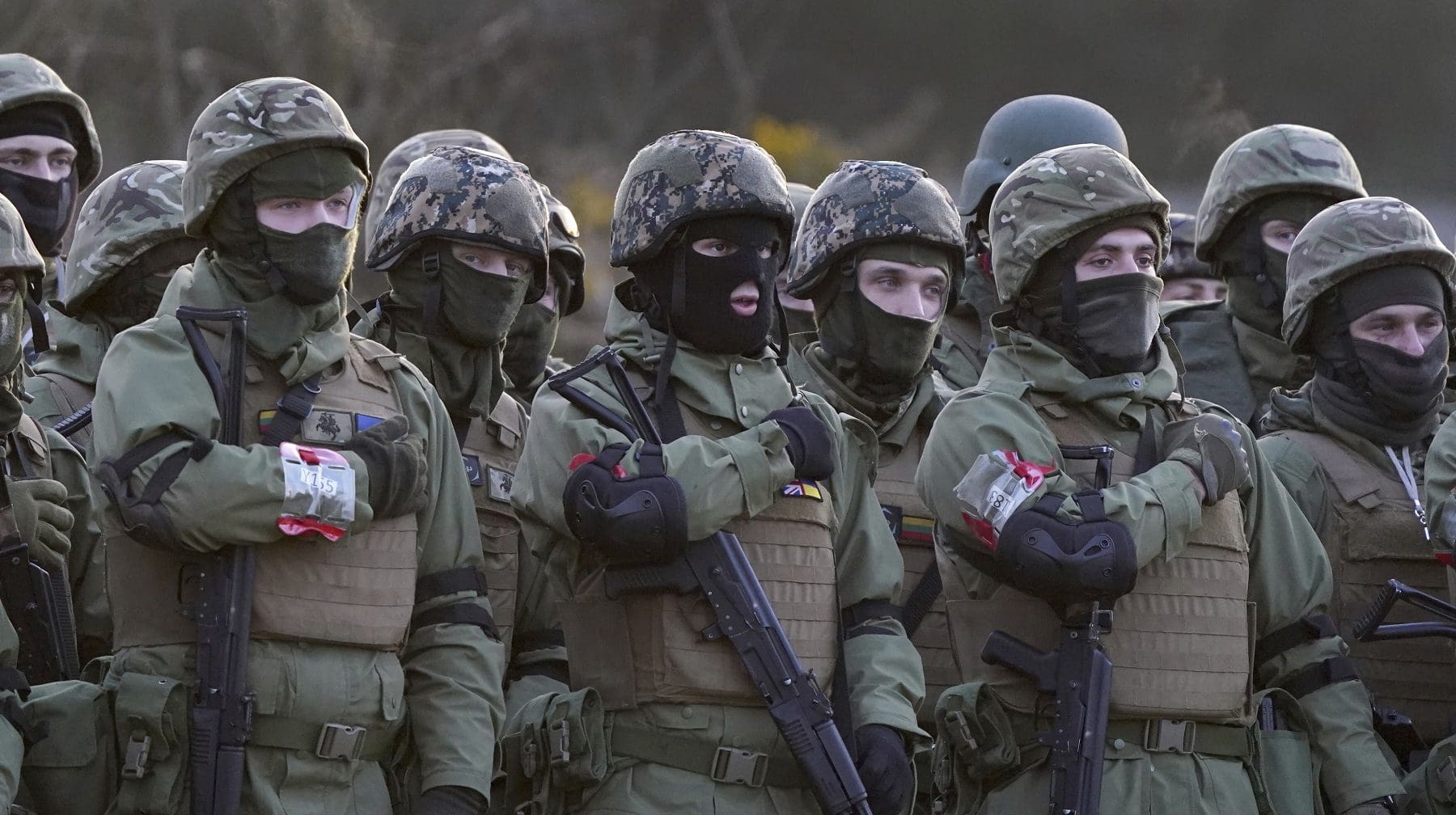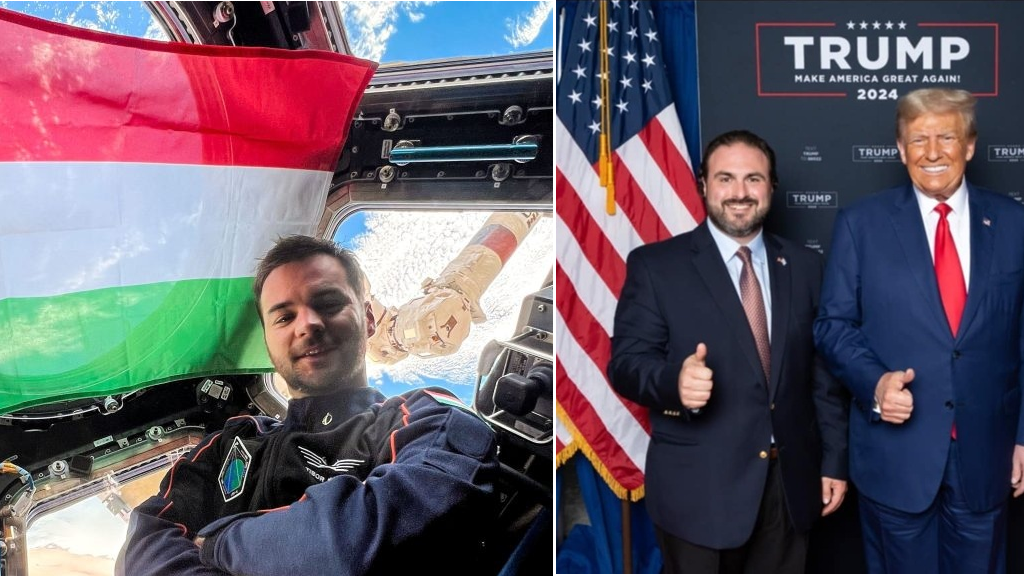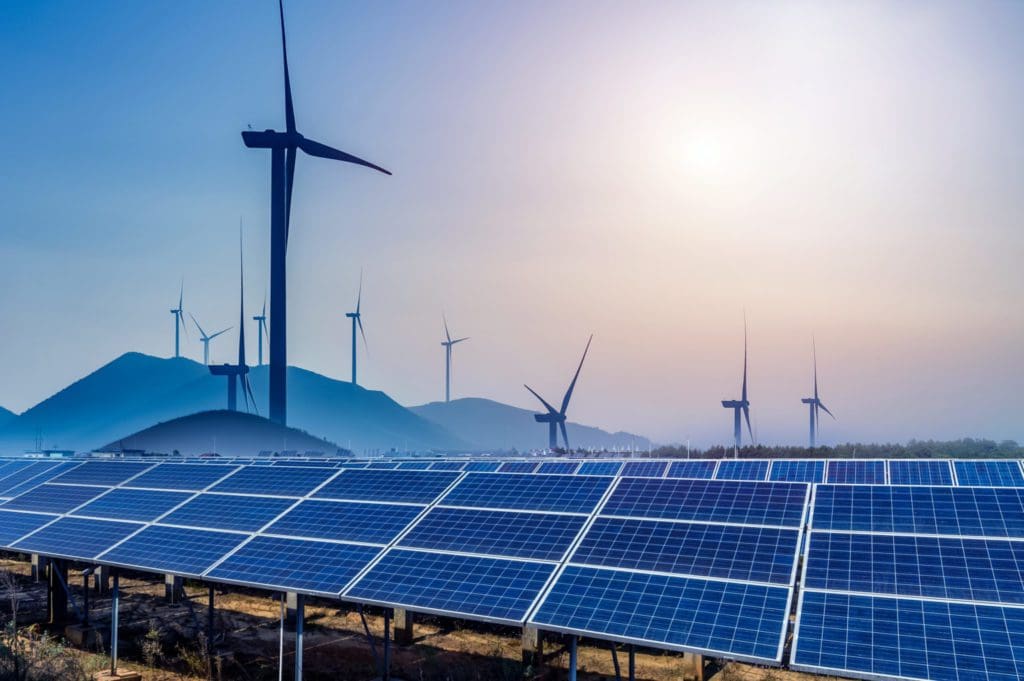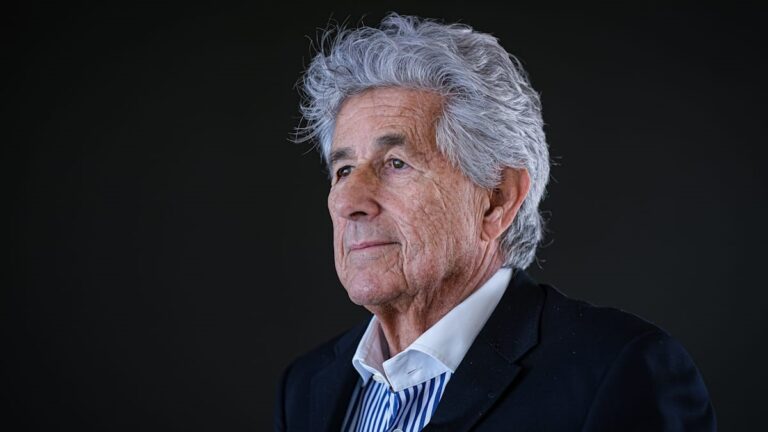N.S. Lyons is the pen name of an essayist working in the U.S. foreign policy community in Washington, DC. He is the author of The Upheaval on Substack, where he writes about ideological and political turmoil in the West, the rise of China, as well as technological and civilizational change.
With Russian aggression in Ukraine, a protracted war has unfolded in Europe. There have been many international conflicts after WWII, and certainly after the collapse of the Soviet Union. But this conflict seems to be different. Why can this war be considered a major departure from the previous international conflicts of the postwar era?
Well, the fact that it is a major war in Europe certainly seems to have come as a shock to many Europeans, who had seemingly come to believe that war was a thing of the past, at least in those advanced parts of the world that had reached the ‘End of History’. This war is at least in a sense a ‘great power’ war, which I also think is significant. Great power wars have a tendency in history to reshape the whole international order, and many had believed the current order would be fixed and remain a permanent thing, no longer conceivably open to challenge. In this way, the closest historical parallel to the war in Ukraine since WWII is, in my view, the Korean War, when North Korea invaded South Korea, However, the context and stakes of the war were much broader than the Korean Peninsula: it was an opening gambit in the Cold War between two superpowers and two ideologies.
Why is the territory of Ukraine strategically so important?
I don’t think the actual territory of Ukraine is especially important strategically. Yes, Russia has some strategic interests in Ukrainian territory, including access to its naval base in Crimea, and control of various natural gas, other resources, and infrastructure. But I think viewing this conflict as being about a need for land or resources would be a big analytical mistake. Russia has plenty of gas already, and the last thing Russia needs is more land. Then there is the idea of Russia wanting Ukraine to remain a neutral buffer zone between NATO and itself, which is a genuine strategic interest for Russia. But I also do not believe this was the main reason for Russia’s invasion, which was such a dangerous gamble to take—Putin had much bigger goals than these, in my view.
The longstanding observation by Carl von Clausewitz was that war is a continuation of politics, that it is part of politics. What could be the goal of Russia in light of this observation? Also, since the famous ‘Long Telegram’ and the ‘X Article’ from 1946, and ‘The Sources of Soviet Conduct’ from 1947 by George Kennan, it is obvious that the behaviour of Russia has been rooted in a deep insecurity that sometimes blurs the line between offence and defence. How do you see Russian behaviour in light of all this?
We should consider the political and geopolitical context in the months before the war. The United States had just withdrawn in defeat from Afghanistan, and the Afghan National Army, which the US had trained and equipped for two decades, collapsed within a week. New US President Biden was already politically on the back foot, with inflation and economic troubles already looming and his approval ratings exceptionally low. The United States was wracked with intense political and ideological divisions. Internationally, divisions between Europe and the United States appeared to be large and growing, as were divisions within the European Union. In contrast, the Russia-China relationship appeared to have reached new heights of strength. Meanwhile, Biden appeared determined to nonetheless imminently accelerate a new Cold War, framing a global battle between ‘democracies and autocracies’, and preparing new sanctions and technology controls on US adversaries.
In this context, I think Putin reasonably believed he faced a unique opportunity to overturn the whole world order. If his ‘special military operation’ had gone as he seems to have hoped it would—given Russia’s tactical planning—, the US-trained Ukrainian army would have collapsed just as quickly the Afghan army did, Ukraine’s leadership would have fled the country just like the Afghan leadership, and Russia would have taken political control of Ukraine within weeks. We know from their intelligence predictions, and the fact that they offered to fly Ukraine’s president out of the country, that Washington also expected this outcome. They would then respond with sanctions, but given the reality of the new facts on the ground, Europe would fracture over what to do, and there would be no unified response. The credibility of NATO and the whole concept of a coherent US-led ‘rules-based liberal international order’ would shatter. The stranglehold this order had imposed on Russia and China (and others) would finally be broken in a single ‘defensive’ stroke, paving the way for a ‘Eurasian Century’ to begin.
This was, I believe, the primary political objective of the war. Unfortunately for Putin, everything immediately began to go wrong for Russia from the start, and the strategic outcome has so far mostly been the opposite of what he intended.
Even though the United States is not a belligerent party, it has made itself a central player in the conflict. Another difference between this war and previous international conflicts is that the appeal of the United States to rally to forge a ‘world community’ in defence of the American-built world system and against Russia is weakening. How do you see this phenomenon and what are their potential consequences? Is it the appeal of the narrative or the material resources behind it that has weakened?
It is true that Washington has not been able to rally a ‘world community’ behind its position on the war. That is to say, it has not been able to convince a majority of the countries of the world to join in isolating Russia, including India, the Middle Eastern states, Africa, or Latin America. And of course China. But the reality is that the developed bloc the United States has managed to induce to follow (including Europe and key Asian states like Japan and South Korea) nonetheless represents a majority of global economic power, nearly 60 per cent of global GDP. In comparison, China and Russia combined only represent some 20 per cent. This fact is frankly much more important than the majority of the world’s smaller states having dissented from Washington. At least in the short term, America’s geopolitical position has been greatly strengthened by the war.
However, America’s stance should not be overestimated either. What’s clear now is that many, even most, nations would leap at the chance to escape the dictates of American ‘leadership’ if there was an acceptable alternative available. This is due to both the material reasons that American policy may undermine their development, and the narrative or values reasons that they may chafe under America’s growing political and cultural demands. They are now only waiting for that opportunity to arrive—or even actively positioning themselves to prepare for it, such as in the case of Saudi Arabia, which has moved to begin selling oil in currencies other than the US dollar. So in the medium-to-long term, America’s position is much less certain. But whether a post-American world order ever arrives will probably ultimately have more to do with whether China can continue to achieve rapid economic growth than anything to do with American diplomatic strategy.
Some thinkers point out that China’s tacit support keeps the war alive. How do you see the role of China in this war?
China’s role should not be overstated. While China has increased its purchases of Russian energy, and continued to sell common products to them, China has so far declined to ship Russia the weapons and munitions it desperately needs. Russia has had to turn to places like North Korea and Iran instead, when what it really needs is China’s vast manufacturing capacity. Moreover, China has largely complied with US technology sanctions. China could therefore be doing much more to help Russia, but is not. But nor is it pressuring Russia to make peace, either… at least that we know of.
This has honestly been a bit of a surprise to me – though probably much more of a surprise to Moscow. The outcome of this war is ultimately almost as consequential for China as it is for Russia. If the Trans-Atlantic alliance of the United States and Europe are fully triumphant in shattering Russian power, it will make their intended containment of China much easier. So China’s hesitancy indicates that leaders in Beijing are deeply conflicted about what to do given China’s difficult strategic circumstances. They desperately need to restore economic growth in China in order to materially compete with the United States, but this will require strong relations with European markets—hence why China’s top economic official Liu He recently travelled to Davos, Switzerland to proclaim a new era of Chinese openness to cooperation and investment. Significantly helping Russia would conflict with this ‘charm offensive’ strategy, which currently seems to be winning the policy debate in Beijing. However, if Russia begins to lose very badly on the battlefield, perhaps this will change.
The European Union apparently wants to do everything, including sanctions on the energy sector, in order to have Russia pay a very high price for its aggression against Ukraine. But what is the price that the West will have to pay if it indefinitely alienates Russia?
It looks like Europe will pay a high price indeed. It may effectively end the Russian military threat to Europe for some time, but losing Russian energy supplies will induce a heavy cost. To date, European countries—or rather parts of Europe, such as Germany—have managed to maintain themselves as global manufacturing centres. However, a key factor in being a competitive manufacturing power is cheap energy to run factories. If energy—along with labour—is cheaper elsewhere in the world, then manufacturers will move elsewhere. Thus, even if Europe is able to replace Russian energy (such as with American gas exports), that energy will be much more expensive. Therefore, European independent manufacturing capacity is in serious trouble. This loss will further undercut Europe’s strategic autonomy, while US economic and strategic influence grows, including through both its military power and increased sales of US energy, armaments, and other manufactured goods.
The strategic and economic interests of every major power—including, of course, Russia, the United States and China—around the world can be recognised regarding this war. They are writing their own stories. The European countries, however, are exceptions. They seem to be unable to write their own stories and negotiate a ceasefire in their own continent. What are the lessons learned from this perspective of the strategic autonomy of the European continent? Did Europe lose its ability to determine its own path?
Yes, it essentially has. The dream of strategic autonomy, in the sense of how France’s Emmanuel Macron conceived of it—as Europe charting its own course, not beholden to the United States, China, or anyone else— is now effectively dead for the time being. Europe has fully thrown itself in behind America, yielding its strategic decision-making to Washington in essence. The next stage will be immense American pressure on Europe to begin decoupling itself economically from China. This is exactly what the United States needs to do to isolate and outcompete China, and would indeed help defuse potential security threats to Europe. But complying will make Europe even more dependent on the US market, while likely further undermining European manufacturing. The end result will be a weaker Europe, a weaker China, and a stronger United States—a fine outcome as far as Washington is concerned.
As to why European countries seem chronically unable to write their own stories and chart their own courses of action, I think that fundamentally comes down to the post-modern mindset of post-WWII Europe, which consciously sought to abandon the idea of the nation, and therefore any framework for determining or advancing the national interest. They sought to replace this with what is now commonly known as ‘globalism’, but globalism provides no guidance on how to make decisions in the effectively zero-sum world of geopolitical power. What Europe ultimately needs is a fundamental psychological shift, in which pathological Western civilizational guilt and national self-effacement are set aside. Needless to say, this is a tall order for Western and Northern Europe. Here the nations of Central and Eastern Europe seem to have some advantage, however, having been somewhat isolated from such forces by history. They may be able to increasingly play a beneficial leadership role—if others are willing to listen.
How do you see the approach the Hungarian Prime Minister represents during the European political debates, urging ceasefire and peace negotiations?
His approach seems eminently sensible for Hungary, which has been placed in a very difficult position by the war. Besides the serious impact on Hungary in terms of energy prices and other more direct effects of the war, the longer-term impact on European manufacturing described earlier also spells trouble for Hungary, given that a significant portion of its economy effectively serves as a key part of the German manufacturing supply chain. Growing pressure from the United States moving forward to decouple from China will also be an economic negative for Hungary. So. there is no real upside to Hungary from prolonging the war, or from entirely throwing itself behind American goals in general, only risk. Broadly speaking, the same case could be made for much of Europe (with some exceptions). Moreover, the possibility of the war could significantly escalating, even to the use of nuclear weapons, remains very real, especially the longer it progresses. Unfortunately, many have come to see the outcome of the war as existential. So I do not see Hungary’s position as in any way radical or ‘pro-Russia’, even if there are strong arguments by others for why the West should continue to support Ukrainian military advances. This should be a topic open for honest debate.








